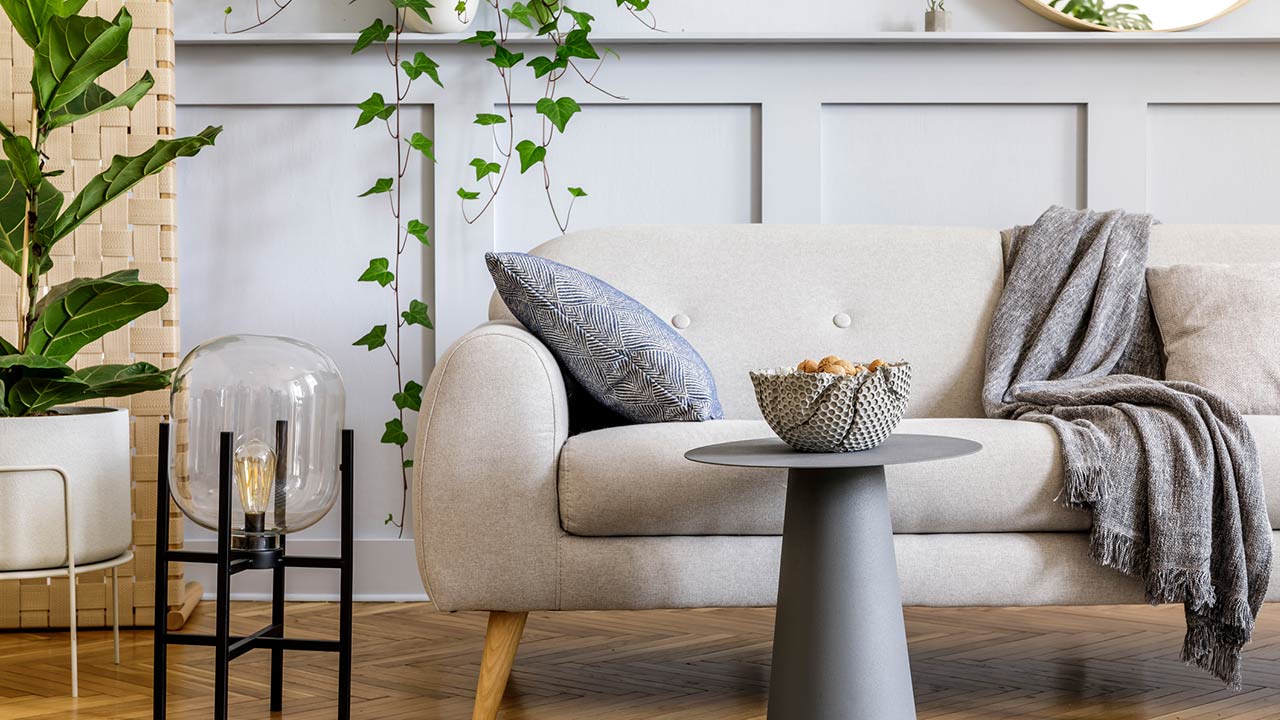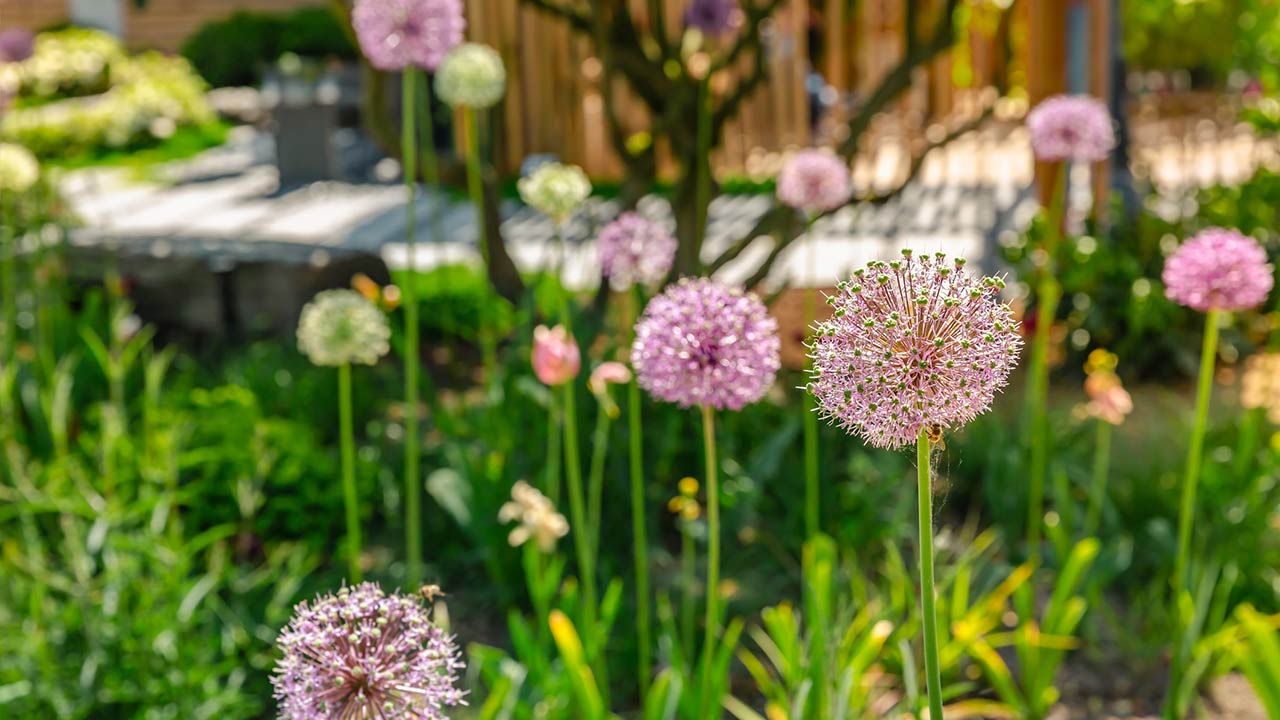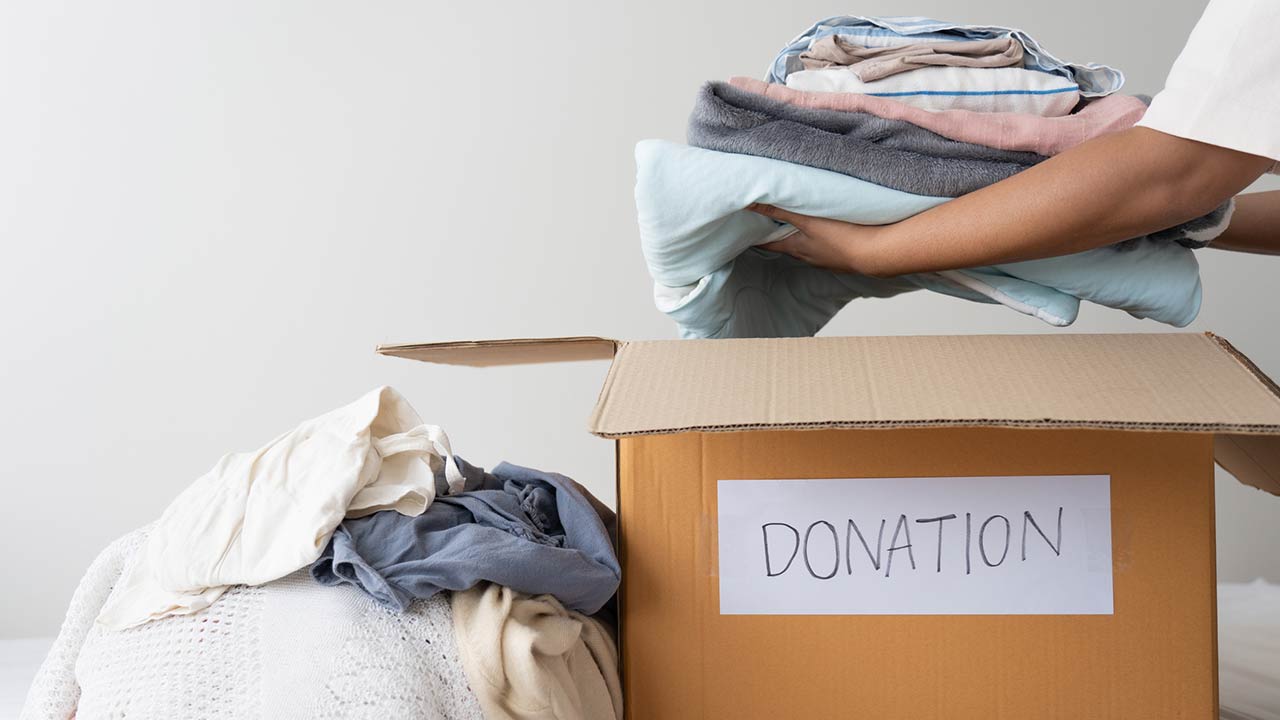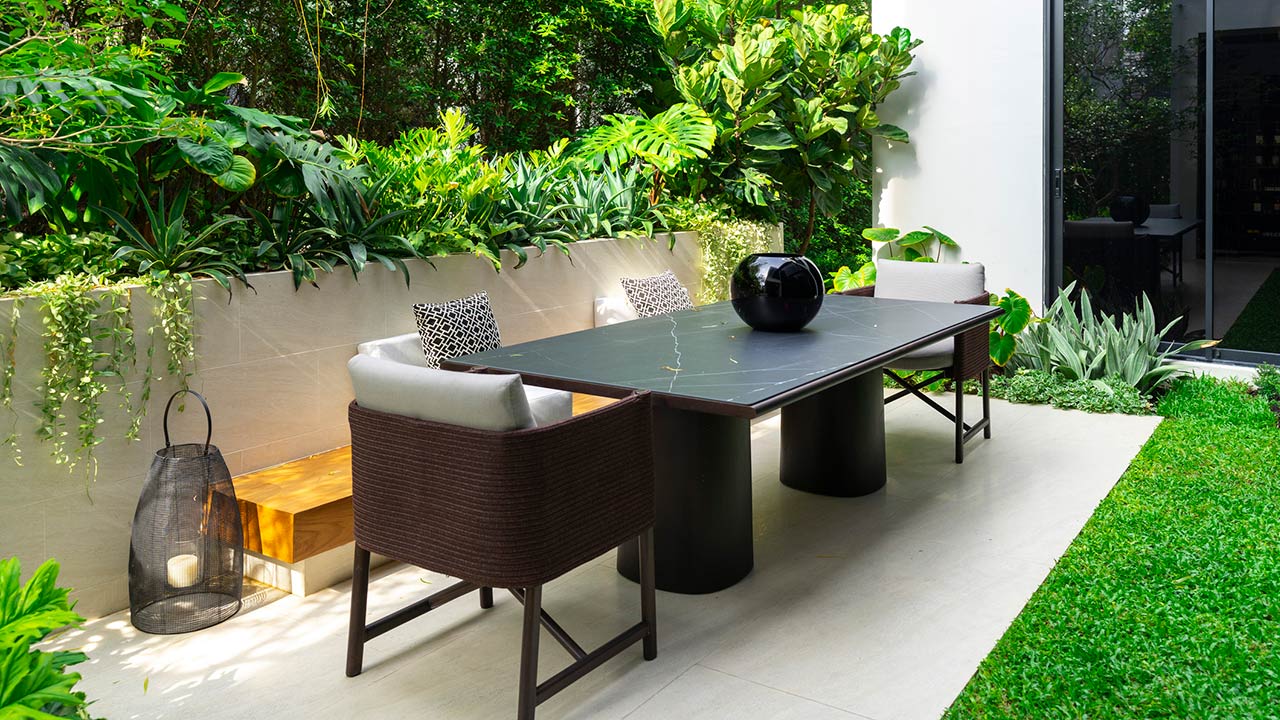Should You Consider Solar Panels For Your Home? Here’s What You Need to Know
Only a few short years ago, solar panelling used to seem like a seriously expensive and unrealistic addition to the home. Fortunately, the cost for these systems has dropped significantly. In fact, solar power is one home improvement that actually starts to pay itself off the second the system is installed.
Homeowners can expect to recoup the upfront cost of solar panelling in as little as three or four years, depending on factors such as local utilities, monetary incentives on the state and federal levels, and the cost of electricity.
The drop in price is due largely to other countries making lower-cost panels available, as well as drastic improvements in technology. According to the Solar Energy Industries Association, prices for solar panel systems dropped 53 percent since 2010, and these costs are expected to continue to decline over the next few years. At some point soon, however, the pace of this cost reduction will start to bottom out.
Homeowners can also take advantage of leases in order to avoid the upfront cost of owning a solar panel system, as well as any maintenance or repair costs.
Homeowners are encouraged to assess the age and condition of the roof on there homes, as well as what angle the sun hits it at. Ideally, solar panels should be installed in a position where maximum sunlight hits them at peak hours of the day in order to maximize their efficiency. If the roof is in poor shape, or faces an inopportune direction, homeowners can go with ground-mounted solar systems instead.
How Much Can Solar Panels Really Save You?
The answer to this question depends on a number of factors, including where you’re located, the condition and angle of your roof in relation to the sun’s rays (as explained above), how much you spend on your electrical bill on average, and the size of the system, among others.
In a study conducted by the NC Clean Energy Technology Center, the 50 largest cities in the US were ranked according to overall solar investment. According to this research, homeowners who invested in a 5kW solar panel system saved an average of $44 to $187 every month during the first year of owning the system.
How much the actual system will cost you will depend on where you live, the exact system you buy, and the energy agency you buy from. A solar panel system cost calculator — such as this one from Solar Estimate — can help estimate how much a certain system will cost.
For instance, the purchase price of an average system in California is approximately $23,000. With the 30 percent federal solar investment tax credit and other local or state incentives, this number can be drastically reduced.
A number of credit options are also available for financing, as well as leasing options. Since there are no upfront costs, financing or leasing makes solar power easily accessible for all income levels. Solar leases are also transferable if you sell your home in the future.
What Type of Solar Panel System is Right For You?
The majority of solar panels are made using photovoltaic cells that convert solar power into electricity. Newer systems include thin-film cells that are used as roof tiles. The exact type of panels that you choose will depend on whether you value price over performance and efficiency, or vice versa.
The size of the solar panel system needed will depend on the usable roof area, the amount of electricity your home uses on an annual basis, and, of course, your budget. Solar panel installers can work with you to come up with the best option according to your space and budget.
You don’t necessarily have to cover the entire useable space with solar panels, either. For instance, if your home can accommodate a system that would offset 70 percent of your annual electricity bills, but your budget only allows for a system that can offset 50 percent, there’s no reason not to go with the smaller system.
Homeowners should resist the temptation to focus on how long it will take to recoup their investment. Instead, solar power systems should be considered a long-term investment, which inevitably helps to save energy and money down the road.












